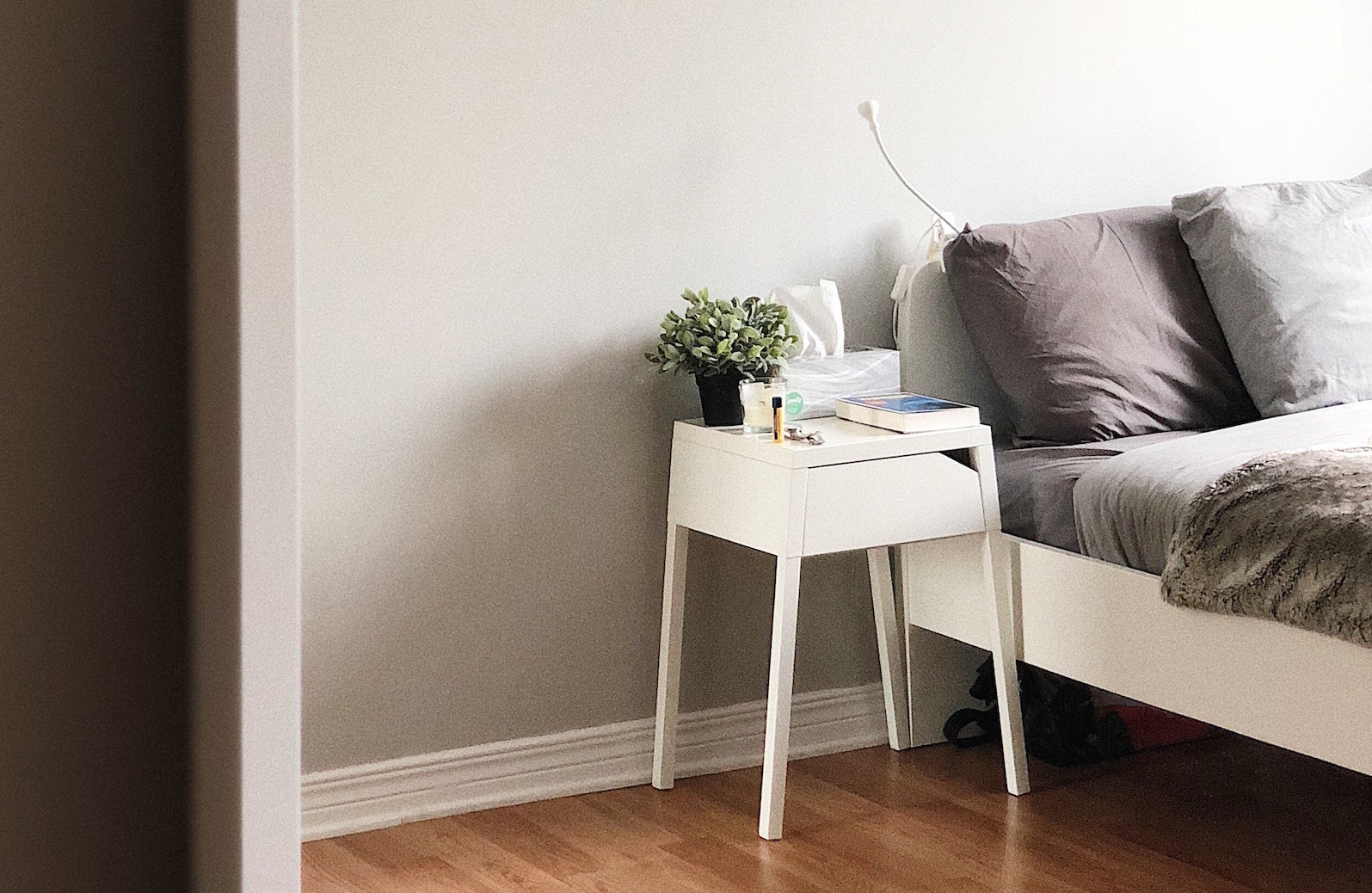What Questions Should You Ask When Viewing a Property?
Viewing a property is a big undertaking. You have a short period of time in which to make a decision that is going to affect you for months, if not years. You need to go in to this with an open mind, but it’s helpful if you are also prepared, and know what questions to ask in order to come away with the right information to make a decision.
Choosing a new place to live is tough. Especially in a city like London where the market moves fast. So forgive yourself for feeling slightly overwhelmed or confused about the process. On average a rental property is viewed just five times before it is let, and a room takes just two weeks to fill, so the pressure to make fast decisions is high.
Don’t let this make you worried, stressed or concerned. Finding a new home is a process, you just have to go through the steps and make sure you tick off the most important questions. Here we are going to lay out some of the most important questions to ask while viewing a property.
![]()
You should make a checklist of what you are looking for before going in to view properties. Focus on the things that you really can’t live without e.g. a reasonable commute, a separate living room, storage space. And in addition to that, follow our handy guide of the top questions to ask before you move in and you’ll be just fine.
As a side note, sometimes we hear stories that begin with people not being able to view a property before they move in. Even if you can’t get there, try to find someone locally who can take a look for you, so that you know the place is legitimate and in a good condition.
Who else lives here?
The first and most important thing is who your flatmates are gong to be. Ideal Flatmate can help you here, with our compatibly test designed just for flat-sharers. However, sometimes not all flatmates will have taken the test, or new flatmates may be joining. So it is wise to ask how many other flatmates there are, and a few basic questions about them.
In the ideal scenario, you should meet every single flatmate you are going to be living with. We are going to run a separate article on what questions to ask a future flatmate. It’s tricky because you need to strike a balance between giving a good impression and extracting some information. But the best advice is the old cliché “smile and be yourself.”
Important questions that you should try to get an answer to include: How many flatmates are there? Do you hang-out together at all? And what are the age ranges of the flatmates? In some houses, flatmates will regularly catch up with each other and have group meals. In other flatshares they will keep pretty much to themselves. To be clear, both environments can be perfectly happy and friendly living environments, but if you are looking for a sociable flatshare, you won’t want to move in somewhere where the flatmates never hang out. And if you are busy and don’t have time for any new friends you won’t want to be expected to join a weekly meal.
If you don’t get the chance to meet the flatmates, try to extract some information from the agent or landlord showing you round, about the other flatmates. Here you can even be more direct, asking about their professions and working hours. And also why the previous flatmate is leaving.

Apart from the rent, what additional bills and costs are there?
Always ask how much all additional bills are, and whether any are included in the rent. This will give you a complete picture of the costs. Of course you need to know how much you will be shelling out for the basic 6: council tax, tv-license, internet, electricity, gas and water. But there are some extras which could be on top of this, such as television packages, a regular cleaner or even basic supplies for the house paid into a central fund. These bills vary from house-to-house, especially council tax which is different for each London borough.
How much is the deposit and what do I need to pay before moving in?
In general, ask about everything that must be paid prior to the move-in date. Deposits on average range from 6 to 4 weeks rent. Usually, incoming tenants are asked to pay the deposit in addition to the first month’s rent up front, along with any admin fees. Ask if the deposit is stored in an accredited tenancy deposit scheme (the answer should always be yes).
You should ask if there are any, and how much the admin fees are. Although the government has warned it is introducing legislation to ban moving-in fees to tenants, it is best to ask exactly what fees if any apply to you prior to moving in. The law is not in place yet, and most agencies charge something for reference checking and admin. You may be able to negotiate if the fee is high, but you certainly don’t want any surprises.
![]()
Why is the last flatmate moving out?
Is it the standard, moving for work or in with a significant other? Or is there something relevant about the way flatmates got along that causes the other person to move out? Either way, you will be able to learn useful information about the property from the answer.
Is there a cleaning rota?
Cleanliness is always an issue in flatshares, with people having different standards as to what is acceptable. The best way to stave off any arguments is to find out up-front what expectations are on you, and make sure you are happy with how they do things in the flat. Do they take it in turns to clean or is there an in-house cleaner? You will have a different preference depending on your budget and lifestyle, but it is best to ask these points up front.
Does the room come furnished?
If you have your own furniture, you are going to want to check it is OK to bring it to your new room before you move in. Likewise, if you don’t have any furniture and the place comes unfurnished (many rooms do) you should find this out beforehand. Just because the room is furnished when you look round does not necessarily mean it will be when you move in. Sometimes landlords will be amenable to your situation, so if you want to bring some of your own stuff, just ask them. They may be happy to put their current furniture into storage. And similarly, if you need furniture and there is none, some landlords may provide you with the basics.

When is the room available? What is the move in date?
This might seem obvious, but it is important to remember to ask when the room is available. For many Londoners paying double rent for even a couple of weeks is not feasible given the high cost of rent. So it is best to make sure you have as short a gap in between leases as possible.
What is the contract length?
What’s the minimum term stay and the maximum term stay? You need to know exactly what you are signing up to. Most leases in London will be 12 months with a six month’s break clause, but in some HMOs you can get a shorter term or even a rolling monthly contract. It entirely depends on what you are looking for.
Are we liable for each-others rent?
This might sound a bit lawyerly, but in some flatshare tenancy agreements, you are liable for each-others rent. This can lead to issues if a stranger decides to stop paying. It is particularly popular in student tenancy agreements, where parents often act as guarantor. It may be nothing to worry about, but it is a good idea to ask about your liabilities when moving in, and if possible, ask to only be responsible for your portion of the rent. We are going to share a follow-up article on tenancy agreements. Which will investigate some of these issues and give further guidance.

What’s the landlord like with repairs and maintenance?
Having a landlord who is attentive and professional makes a big difference. You might not think it at first, but wait until the hot water stops working in winter or the fridge packs in. The existing flatmates are likely to give you an honest portrayal of the landlord. Bear in mind that the agent probably won’t be able to tell you much, as they work for the landlord.
What are the next steps?
If you see the property and you are keen on it, it’s best to say this, and ask what the next steps are so that you are best placed to get the room. In London, there are often up to 10 individuals chasing a single vacancy. That means rooms can go fast, which isn’t a reason to rush your search, but when you are satisfied, you should be direct and straightforward. If you take too long, someone else could come along and snap up your dream spot.



